We may receive a commission on purchases made from links.
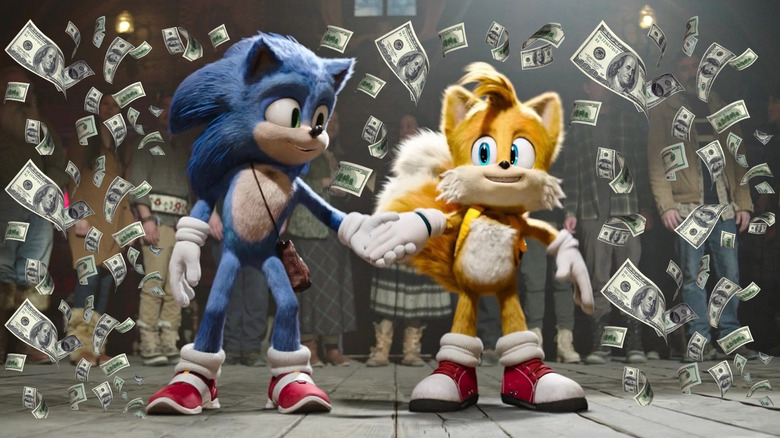
Paramount Pictures
The box office got off to a relatively quiet start in 2025. "Mufasa: The Lion King" topped the charts in its third weekend of release, triumphing over "Sonic the Hedgehog 3," as the two have been duking it out for supremacy ever since they hit theaters in mid-December. Setting aside the bizarre conspiracy theory that recently emerged over this box office battle, "Mufasa" won the day. However, it's Paramount Pictures that now gets to celebrate as the "Sonic" franchise passed a major milestone.
With "Sonic the Hedgehog 3" adding another $21.2 million in its third weekend of release, in addition to posting strong numbers overseas, its running total stands at $336.2 million worldwide as of this writing. Combined with the grosses from both 2020's "Sonic the Hedgehog" ($319.7 million worldwide) and 2022's "Sonic the Hedgehog 2" ($405.1 million worldwide), the films have now collectively earned $1.06 billion worldwide. That's right, "Sonic" is now a billion dollar film franchise.
Over the last five years, what Paramount has been able to do with the classic Sega video game series is extremely impressive. The studio has released three movies, each just over two years apart like clockwork, with the fanbase growing as each successive entry arrives. That's how you build a franchise. Case in point, "Sonic the Hedgehog 4" has been teed up and is already in the works.
So, how did Paramount manage to skirt the video game movie curse and turn "Sonic" into a $1 billion box office behemoth? What lessons can other studios in Hollywood extract from this success? Let's go over some of those lessons and how they might apply to other franchises not focused on fast blue alien hedgehogs.
Consistency is key

Paramount Pictures
This was alluded to before, but it cannot be overstated how much consistency has been a factor for the "Sonic" franchise up to this point. Despite the fact that the first "Sonic the Hedgehog" hit theaters in February 2020 mere weeks before the pandemic shut the world down for months on end, the film was still a bit hit. More importantly, Paramount still found a way to get the sequel in theaters just 26 months later, which is nothing shy of a minor miracle. By contrast, "Skyfall" came out in 2012, was the biggest "James Bond" movie ever, and it took four years to make "Spectre."
These long gaps between sequels have become more commonplace. In an age when everyone is competing for audience attention spans, letting too much time pass runs the risk of audiences not caring by the time the sequel arrives. Consistency helps a great deal. It also didn't hurt that Jeff Fowler returned to direct all three films.
On that same note, Fowler has delivered crowd-pleasers with all three "Sonic" movies thus far. Consistency, so far as release dates go, only gets you so far; quality is obviously crucial as well. If "Sonic 2" had been a dud, we might not be sitting here talking about "Sonic 3" in such a rosy light. But Fowler and Paramount delivered on audience expectations, and in a timely manner. That matters a lot.
Don't get greedy
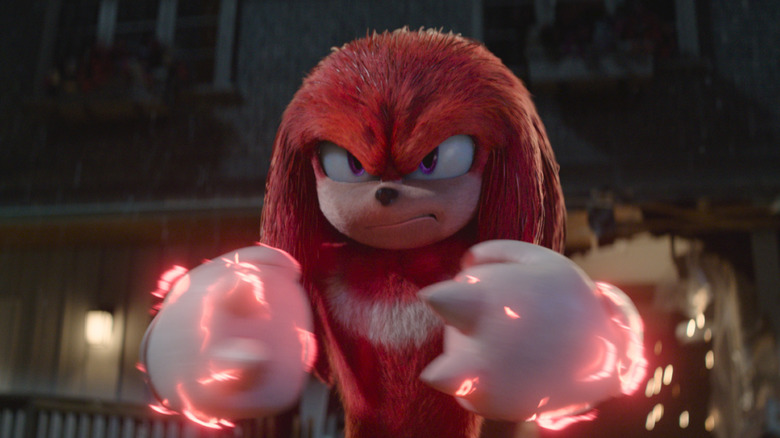
Paramount Pictures
Another big thing that Paramount has wisely done is not overextend the reach of the "Sonic" franchise up to this point. Make a big movie, it makes money, make a sequel. That all makes sense in traditional, old-school Hollywood. In recent years, though, cinematic universes have become all the rage. Spin-offs, TV shows, everything. Yes, we did get the "Knuckles" TV show (which hardly featured Knuckles at all), but that was all. It was more like a little something extra for the fans.
Even the Marvel Cinematic Universe managed to give everyone too much, too fast with a slew of shows and several movies per year in the 2020s. Less is more sometimes. Right now, Paramount has struck a phenomenal balance between getting return on investment and building a fanbase, all without overdoing it. It's a tough balance to strike, but if the studio is willing to be patient and take what this loyal fanbase will give them, they can keep this train on the tracks for a long, long time.
Listen to the fans (but don't let them make your films entirely)

Paramount Pictures
There is an odd balance one needs to strike when playing in a sandbox filled by a beloved franchise with a dedicated fanbase. "Sonic the Hedgehog" has been around for a long time, existing as video games, comic books, toys, and animated shows. It's not altogether unlike "Teenage Mutant Ninja Turtles" in that way. Those fans can be passionate, and they will turn on a dime if they feel like a movie isn't faithful to what they love about the property in question. Frankly, "Sonic" did a great job of helping to break the video game movie curse. A big part of that is precisely because Fowler and Paramount embraced the games, rather than thinking they could do better.
A great example is when fans saw the original Sonic design for the first film, which was horrifying. Paramount ended up redesigning the character entirely and delaying "Sonic the Hedgehog" to accommodate the changes. That change proved to be well worth it. By listening to the fans and embracing the source material, Paramount managed to craft a $1 billion franchise.
That said, there is a risk in letting the fans run the franchise. The creatives and money people shouldn't let overly vocal people who are shouting about things online dictate the creative choices made in these movies and TV shows. At the same time, people love "Sonic" for a reason, and it's very much worth embracing those reasons. Otherwise, why make these movies in the first place?
Movie budgets don't have to be $200 million

Paramount Pictures
When it comes to the movie business, it's all relative. Blumhouse built its multi-billion-dollar house of horror by making cheap movies and maximizing potential profits. But you can't really make a big video game movie on the cheap. Luckily, Paramount still managed to make the "Sonic the Hedgehog" films on very reasonable production budgets, relatively speaking. The first two films cost $90 million before marketing, while "Sonic 3" cost around $120 million. To date, that's $1 billion worth of ticket sales against $300 million in production. That's one heck of a rate of return.
This is all flying in the face of what is going on with most franchise blockbusters these days, as budgets have ballooned in recent years – so much so that $200 million is now the norm, rather than a shockingly high, rare number. It's a big problem that is only being amplified by inflation, uncertainty at the box office, and the long-term effects of the pandemic. Fortunately, Paramount has somehow managed to keep things reasonable in this franchise. Others would do well to try and emulate such practices.
Video games are the future, if done correctly
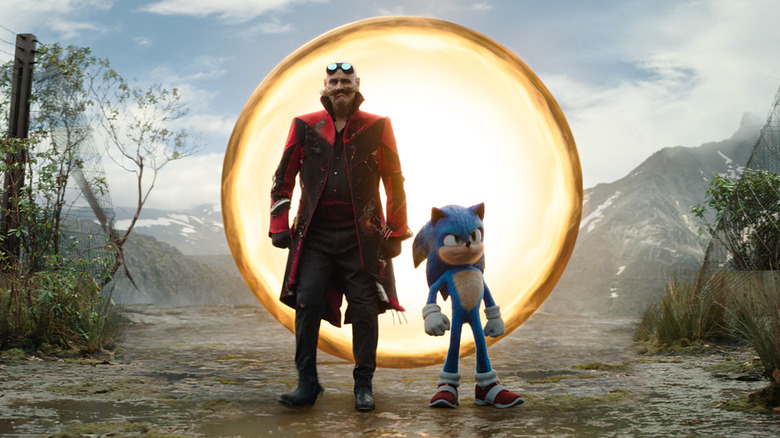
Paramount Pictures
Amazingly, it's truly only in recent years that Hollywood has managed to crack the code on video game adaptations. Aside from these movies, we've had hits on the small screen such as "Fallout" and "The Last of Us." But at the same time, on the movie side, we've continued to have baffling blunders like Eli Roth's "Borderlands." It's still a mixed bag. What "Sonic" tells is that video games can indeed represent a bright future for on-screen franchises, but only if executed correctly.
Video games have a massive built-in audience. They often contain vast worlds full of rich storytelling. When it goes well, we can get monster hits like "The Super Mario Bros. Movie." These audiences are intensely loyal. Yet, for literally decades, studios seemed to almost show active disrespect to the source material in adapting video games for the big screen. Time and time again, we've seen that go poorly. Studios seemed to say, "See, these video game movies don't work!"
What "Sonic the Hedgehog" helped demonstrate on the largest scale is that video game movies can work incredibly well, and it's all about execution. Undeniably, most of the time, the problems have been an execution issue. So sure, Hollywood should probably try to make a "Grand Theft Auto" movie, or any other number of popular video games, but they should do so with respect, taking a page out of the franchise's book instead of bending recognizable characters to fit a story that doesn't feel natural.
We spoke a little more about this on today's episode of the /Film Daily podcast, which you can listen to below:
You can subscribe to /Film Daily on Apple Podcasts, Overcast, Spotify, or wherever you get your podcasts, and send your feedback, questions, comments, concerns, and mailbag topics to us at [email protected]. Please leave your name and general geographic location in case we mention your e-mail on the air.
"Sonic the Hedgehog 3" is in theaters now. You can buy the first two "Sonic" movies on 4K, Blu-ray, or DVD from Amazon.

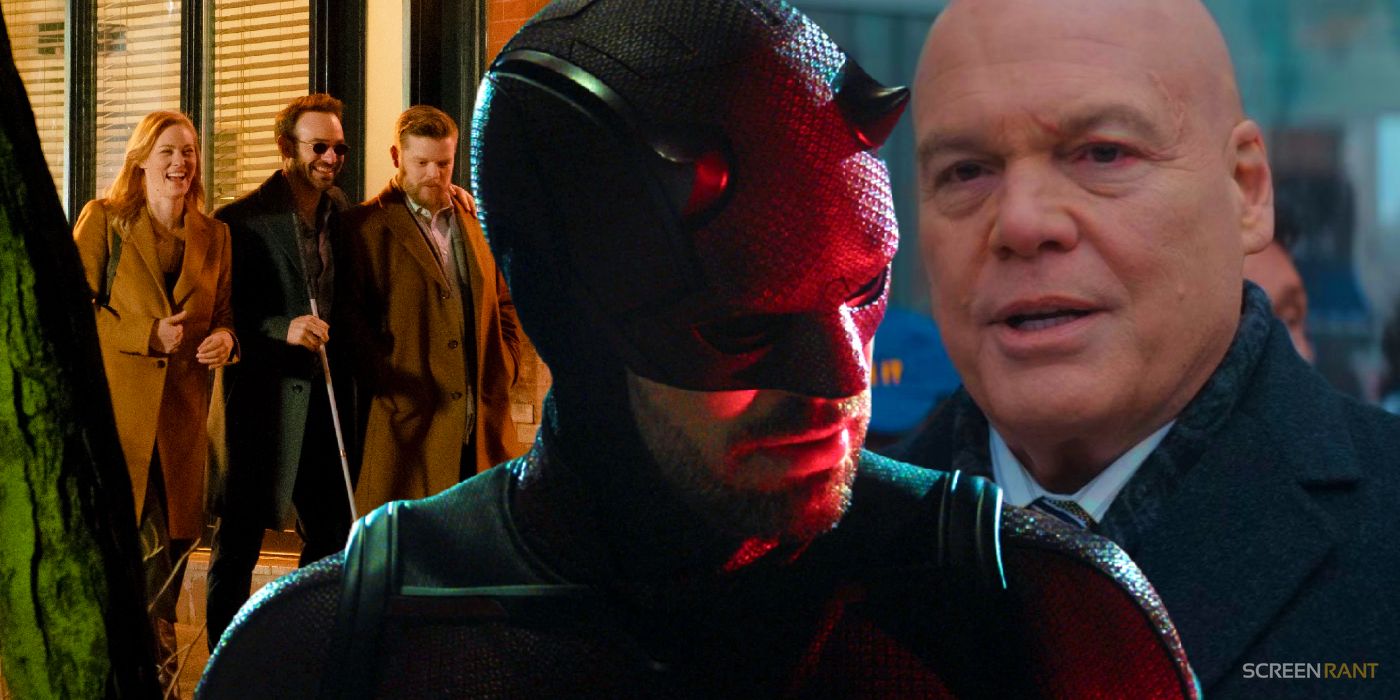

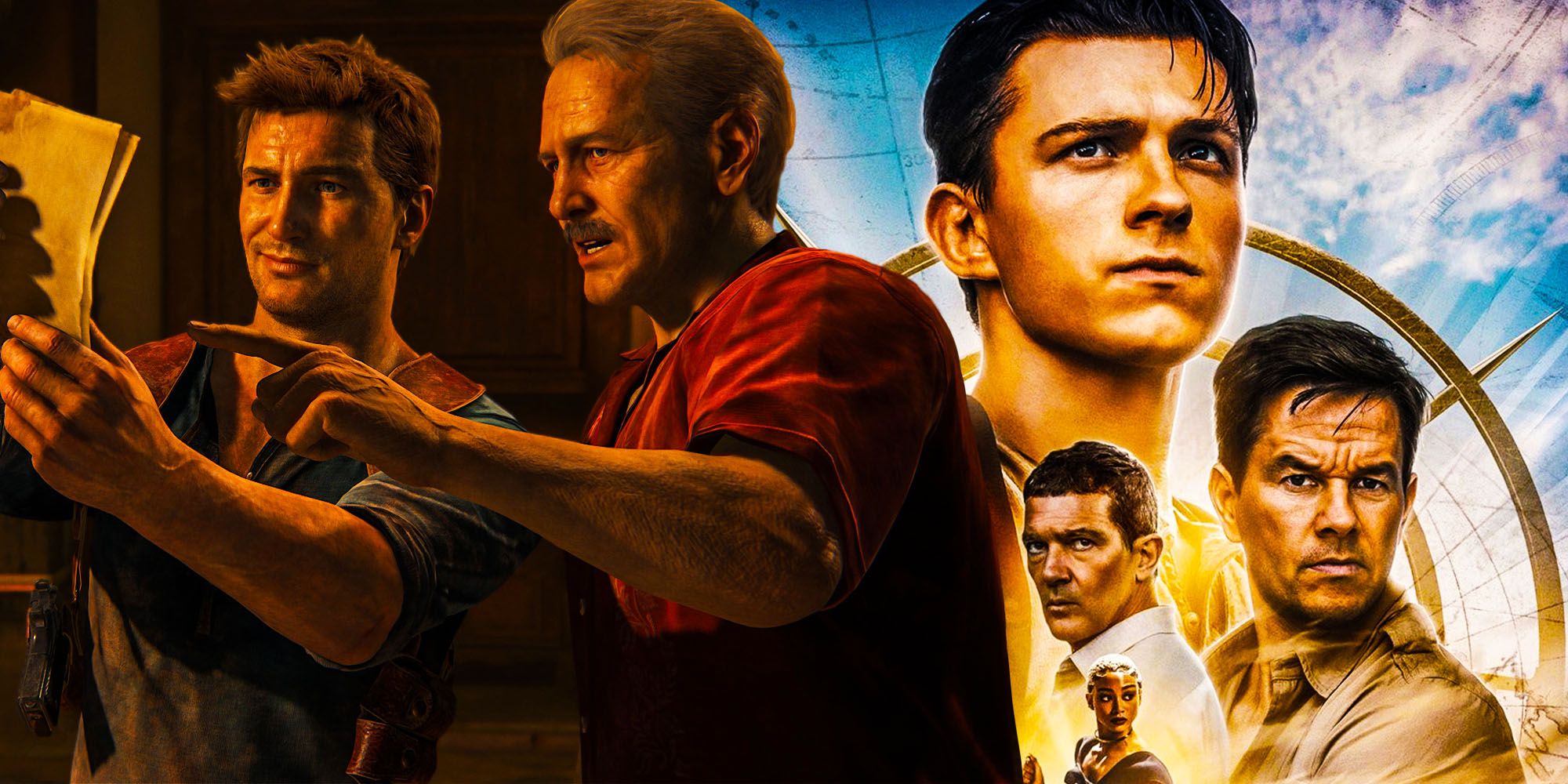





 English (US) ·
English (US) ·